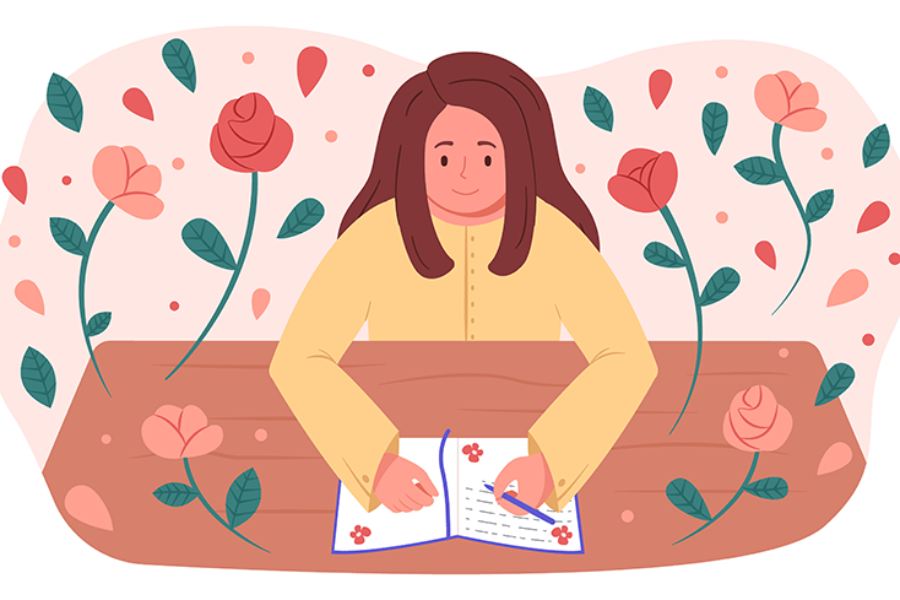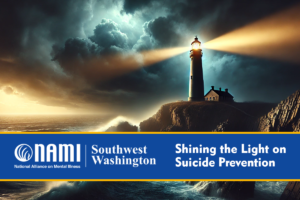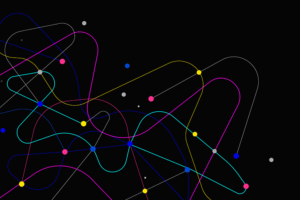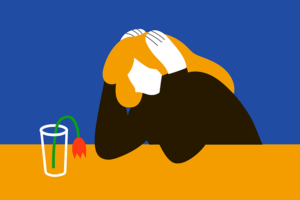At the peak of my depression, I turned to Google to help me out of sheer desperation. I did not know how to ask for help or where to even begin. I did not even have the vocabulary to communicate my mental health struggle to anyone. The word “depression” was not in my vocabulary. All I knew was that I felt like I was in a dark abyss that was threatening to swallow me whole.
So, I asked Google “How do I stop feeling miserable every day?” No matter how I phrased it, or what I typed in, the same results popped up:
- Make sure you get eight hours of sleep
- Exercise daily
- Practice gratitude
- Eat nutritious meals
- Spend time with people you love
- Engage in activities you enjoy
- Practice self-care
I was so frustrated with these results. Didn’t they understand that I could not possibly sleep eight hours each night? I spent most of the night crying until my sheets were soaked. Didn’t they understand that I lacked the energy to shower some days, let alone to exercise? Or cook myself a healthy, balanced meal? Didn’t they understand that I did not feel like socializing or seeing anyone at all? Didn’t they understand that I did not want to do any of my hobbies? Or that I could gratitude journal until the end of time, but it all felt meaningless?
The problem wasn’t that I didn’t have anything to be grateful for, it was that none of those things seemed to mean anything to me at that time. Everything felt empty, meaningless.
Once I found the help that I needed, Google’s recommendations became very useful to me. But they were not my starting point by any means. I was in too deep of a hole to begin my healing with those things. Awareness is essential when it comes to addressing mental health challenges – identifying where you are can help determine what you need.
Taking The First Steps Toward Healing
My healing started with professional help; I began taking medication, which I’ve never talked about openly before. I had always been a huge supporter of breaking down the stigma surrounding mental health, yet I have never extended that courtesy to myself and my own journey. So, I hid the fact that I took medication for anxiety and depression.
I want to speak about it now because it was one of the best decisions of my life; medication truly saved my life. It lifted me high enough out of my dark hole so that I could identify what pieces of my life were no longer working for me. I was then able to leave a toxic workplace and exit an even more toxic relationship.
With those changes to my life and with the help of therapy, I was able to start adding in the coping strategies that Google recommended to me. Movement. Healing foods. People I love. Self-care. Activities that bring me joy. With those additions, I was even able to wean off of my medication.
Identifying Triggers, Red Flags And Coping Strategies
I still have many things that trigger my anxiety and depression. When I allow too many of my triggers to pile up, I end up spiraling and finding myself back in my hole, even if only temporarily. Over time, I have learned what coping strategies work best for me. Things like yoga, journaling, taking long walks and attending regular therapy sessions have kept me grounded and healthy.
But even more helpful than identifying my coping strategies was identifying exactly what triggers me and what my “red flags” are. For example, some of my triggers include dehydration, sleep deprivation, not enough fresh air, PMS, not enough alone time, not having a routine, being hungry and not moving my body.
Some “red flags” that let me know I’m being triggered are headaches, moodiness, irritability, spiraling thoughts, tiredness, a knot in my stomach, heaviness in my chest and overthinking simple decisions.
Of course, it’s impossible to avoid every trigger. But the key, for me, is to identify it as soon as possible when I am triggered — then, I can appropriately counter that with one of my soothing responses. This could include deep breathing, journaling, a hot shower, sipping a cup of tea, eating a snack, calling a friend, listening to a song — or whatever I have time for (and am realistically able to do) at that moment.
Keeping A List
If I could offer one helpful suggestion, it would be to make a list with three columns. In the first column, write down everything that triggers you. In the next column, write down what you notice in your thoughts, feelings and physical body when you are triggered — and label this “red flags.” In the third column, jot down what helps to soothe you in those moments.
This might take time to tune into your body and identify these three areas. Don’t be afraid to experiment and figure it out as you go. It took me years to figure this out, and it has truly been life changing. Awareness itself, I have learned, is powerful medicine. I am continuing to learn more about myself and my mental health each day. Though these practices have not eliminated my mental health challenges altogether, they keep me above water. And, for now, that is enough for me.
Cassandra Kolstad is passionate about mental health. She hopes that her writing will help others to feel a sense of safety and belonging in the world.
Source: https://nami.org/Blogs/NAMI-Blog/January-2023/How-I-Stay-Above-Water




